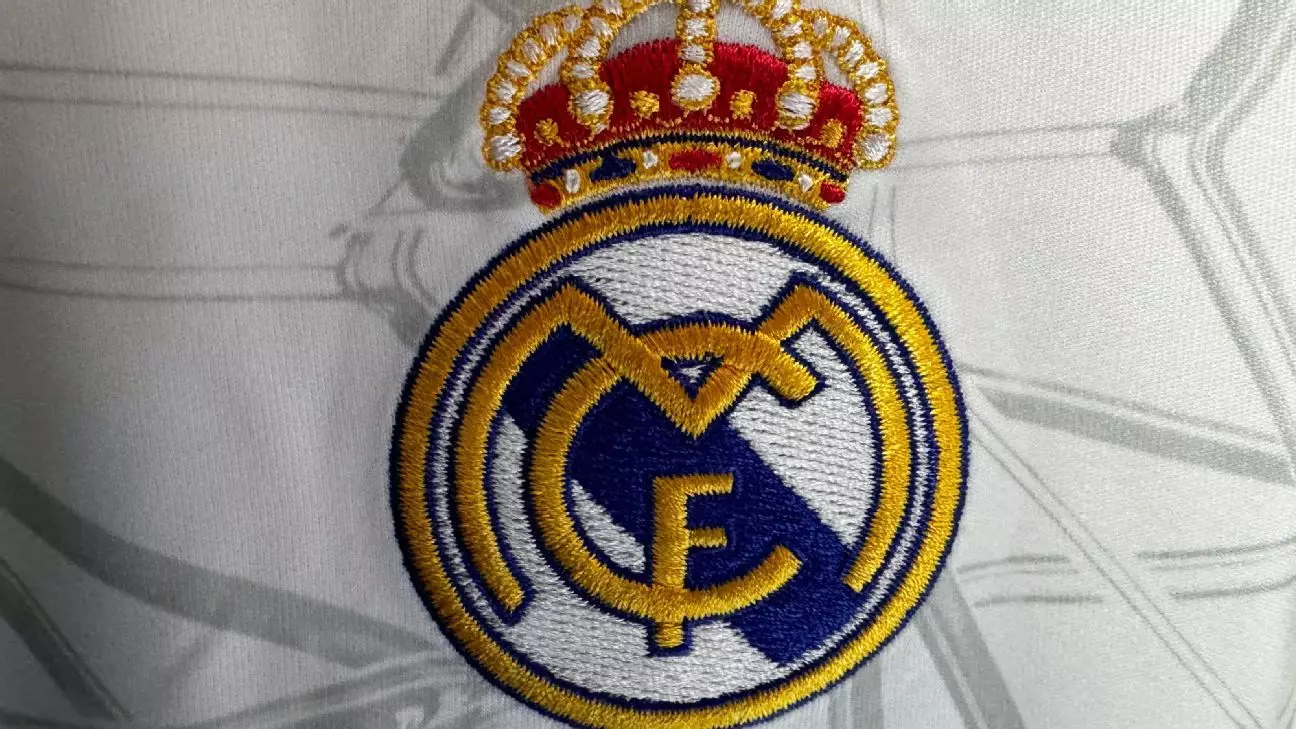On Thursday, Real Madrid’s team bus was involved in a minor collision while returning to Spain after the squad’s disappointing Champions League match against Liverpool. This mishap occurred shortly after the team suffered a 2-0 defeat at Anfield—a setback that marked their third loss in just five matches within the prestigious tournament this season. Fortunately, initial reports indicate that no players or personnel were present on the bus at the time of the accident, so there were no serious injuries involved.
Real Madrid’s loss against Liverpool came via goals from Alexis Mac Allister and Cody Gakpo, coupled with a missed penalty from star player Kylian Mbappé. This defeat added to Madrid’s ongoing struggles in the Champions League, raising concerns amongst fans and analysts about the team’s performance this season. Losses tend to accentuate pressure on teams of Madrid’s caliber, making every incident, such as the bus collision, feel more significant in the context of their ambitions.
The collision involved multiple vehicles but was considered relatively harmless in the grand scheme of things. The only damage noted to the team bus was broken headlights, which speaks to the minor nature of the incident. It is crucial to highlight that the Madrid players and coaching staff were not aboard; instead, they opted to fly back to Spain the night before, illustrating prudent planning and organizational efficiency amid the challenging atmosphere that followed their loss.
Real Madrid, like many prominent European clubs, employs its own specialized team bus during away fixtures, primarily for branding and logistical reasons. This practice not only ensures that the players are transported safely but also serves to maintain a crucial link between the team and its extensive fan base. The prominence of such a vehicle underscores the club’s commitment to professionalism and attention to detail in all aspects of their operations.
Social Media Reactions
The aftermath of the bus accident was quickly circulated on social media, thanks to fans capturing videos of the damaged bus. Such digital engagement reflects the immediate interest and connection that supporters have with their teams, granting insights into both victories and minor incidents alike. However, it also raises questions about the role of social media in the athletic sphere, highlighting how quickly information—whether good or bad—can spread.
While the collision involving Real Madrid’s team bus could have been a cause for panic, it ultimately turned out to be a minor incident in the context of a challenging Champions League season. The club’s decision to ensure the players had already departed and the negligible damage to the bus reflects a well-structured operation. As the team moves forward, focusing on their on-field performance will remain pivotal, especially under the watchful eyes of a passionate global fanbase.

